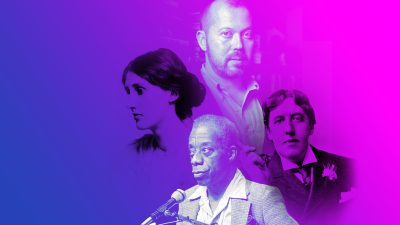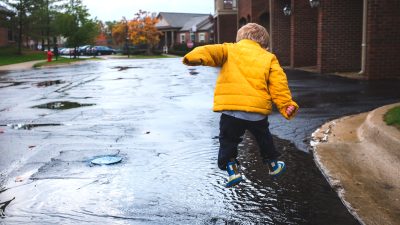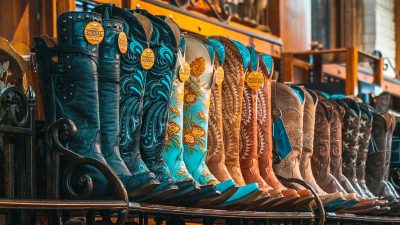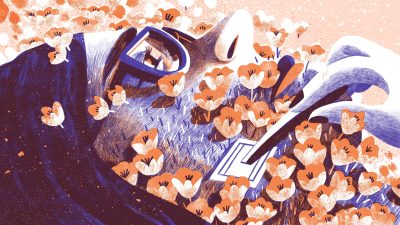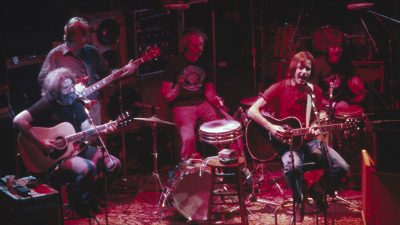Arts & Culture
The Gospel According to Fleabag
The truth was, for me and as for Fleabag, I wasn’t just looking for a good story to tell my friends. I was looking for something so much harder to grasp: a narrative.
Reading My Way Into a Queer Literary Lineage
For queer writers, the discovery of this literary lineage is essential to our very existence, to our very expression of self. We can’t find the words without them.
Son Boy Allowed: A Trans Mother Finds Space for Boyhood
Well, what does it mean to be a boy or a girl? The answer so often is, simply: I don’t know. And I’m not sure that it actually matters, anyway.
I Let Go of My Faith When I Came Out—But I Still Believe in Jennifer Knapp
What was I getting out shame, anyway? So I walked away from it all: going to church, reading scripture, prayer, even the Christian music I loved so much.
These Boots Were Made for Walkin’ Away from Oklahoma
There was nowhere to go back to. Oklahoma was out of the question, always out of the question. But then, where was home?
Listening to Fall Out Boy on the Brink of Collapse
The release of “Infinity on High” marked the final moments of the mid-2000s, a time when collapse nested on the tongues of everyone in my universe but never made it out of their mouths.
Cooking Up Pride and Community at the LGBT Center’s Annual Garden Party
There’s nothing more queer than cobbling together something fabulous out of very little.
What It Means to Be Trans in My Tiny Town
My trans friends rarely come home, and when they do, it is for brief bursts of time. They question why I’ve chosen to keep living here.
Speculating on Queer Pasts to Achieve a Queer Eternity for My Tío Cano
I want to believe that I inherited too ways of feeling joy, ways of finding pleasure, ways of being with other queers in raucous and wild ways.
How the Grateful Dead Helped Me Embrace Mortality
Suddenly, miraculously, it was no longer dismay that I felt. It was freedom. It was Death doffing its blackness and revealing itself to me as life.


